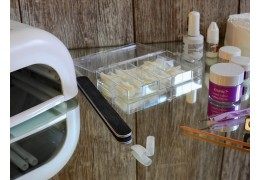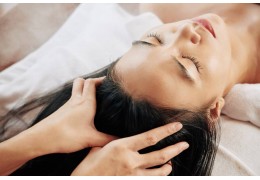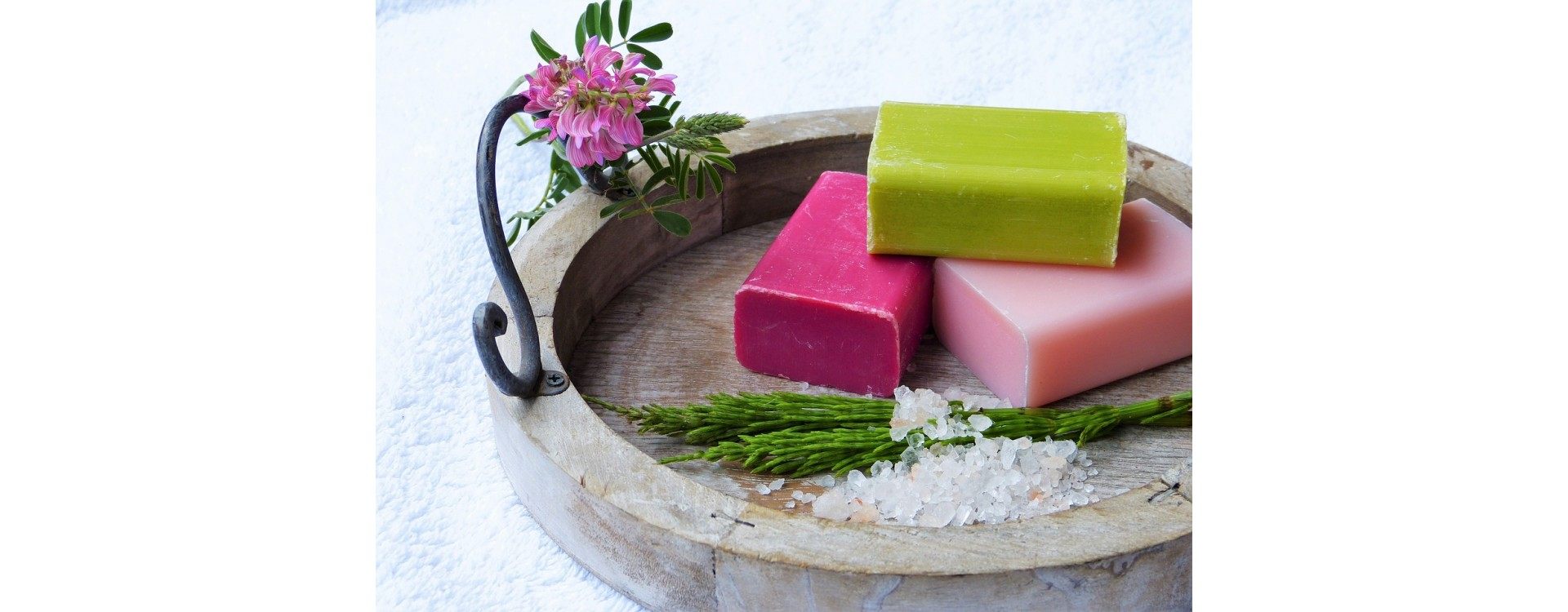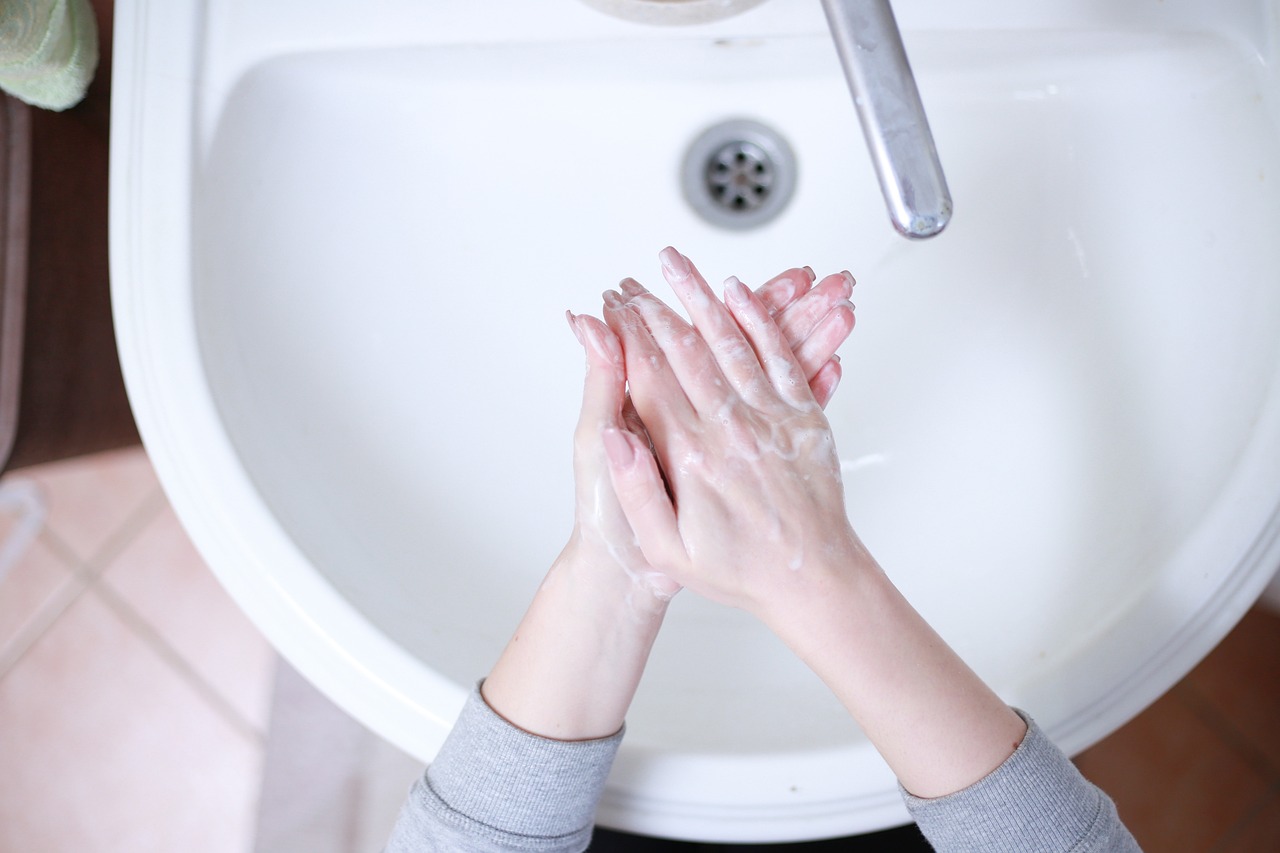Blog categories
Search in blog
Popular posts





Featured posts






Soap has been a popular skincare product for centuries. Used to cleanse, moisturize and treat various skin conditions, soap, in solid or liquid form, is an essential part of every person's skin care routine. But, it is also an integral part of the daily beauty ritual. In this article, we'll explore the benefits of soap on the skin, as well as the different types of soaps out there and how to choose the best one for your skin type.
The first and most obvious benefit of soap for the skin is that it deep cleans. The soap is designed to remove dirt, dead skin cells, and other impurities that can clog pores and cause skin issues like acne and blackheads. The soap also kills bacteria and other germs that can cause skin infections.

Many soaps contain moisturizing ingredients such as olive oil, shea butter, and glycerin, which help keep the skin moisturized. Moisturizing soap can help prevent dry skin, which can lead to itching, tightness and cracking. This is especially important during the winter months when cold, dry air can dry out the skin.
The soap can also help treat skin problems such as acne, eczema and psoriasis. Many soaps contain specific ingredients that help treat these skin issues. For example, soaps containing tea tree oil are known to help treat acne, while soaps containing colloidal oatmeal can help relieve itching associated with eczema.
There are many types of soap available, each with their own benefits for the skin. Antibacterial soaps contain ingredients that help eliminate bacteria that cause body odor and acne.

The natural herbal soaps are made with organic ingredients such as green tea, rosemary and lavender, which have soothing and antibacterial properties.
Exfoliating soaps contain additives such as oat grains, salt crystals or jojoba beads that help remove dead skin cells and improve the texture of the skin. skin.
It is important to choose the best soap for your skin type to get the best results. If you have dry skin, opt for a moisturizing soap with ingredients like olive oil or shea butter.
If you have oily or acne-prone skin, opt for an antibacterial soap that contains salicylic acid or tea tree oil.
If you have sensitive or eczema-prone skin, opt for a mild, unscented soap. Exfoliating soaps can be beneficial for all skin types, but be sure not to exfoliate too often to avoid irritating the skin.
It is also important to choose a quality soap. Avoid soaps that contain irritating ingredients such as sodium lauryl sulfate and perfume, which can cause skin irritation. Look for soaps made with natural and organic ingredients to avoid harmful chemicals.
In addition to choosing the right type of soap for your skin type, it is also important to know the best practices for using it correctly. First, be sure to use lukewarm water rather than hot water to avoid drying out the skin. Wet your skin and the soap, then rub the soap between your hands to create lather. Apply the mousse to your skin using gentle circular motions, paying particular attention to areas prone to acne or dryness.
Once you have washed your skin, rinse thoroughly with warm water to remove all soap residue. Pat dry your skin gently with a clean towel. Avoid rubbing your skin to avoid irritating or drying out the skin.

It's also important not to use too much soap, as it can strip the skin's natural oils. Wash your face once or twice a day with a mild cleanser, depending on your skin type. If you have dry or sensitive skin, avoid washing your face too often.
In addition to using soap to cleanse your skin, it is important to follow a comprehensive skincare routine to maintain healthy, glowing skin. This may include using a lotion to balance the skin's pH, a serum to hydrate and treat problem skin, and a moisturizer to top up hydration.
It's also important to protect your skin from harmful UV rays by using sunscreen every day, even on cloudy days. UV rays can cause skin damage, including wrinkles, dark spots and increased risk of skin cancer.
Finally, it is important to take care of your body from the inside by consuming a diet healthy and balanced, drinking enough water and exercising regularly. A healthy diet can help nourish your skin from within, while regular exercise can help stimulate blood circulation and improve overall skin health.
You now all know the benefits of soap on the skin. It is an essential part of the skin care routine. It deep cleans, moisturizes and can help with various skin issues. There are many types of soap, each with its own characteristics for the skin. It is important to choose the best soap for your skin type and to choose quality soaps to avoid controversial ingredients.